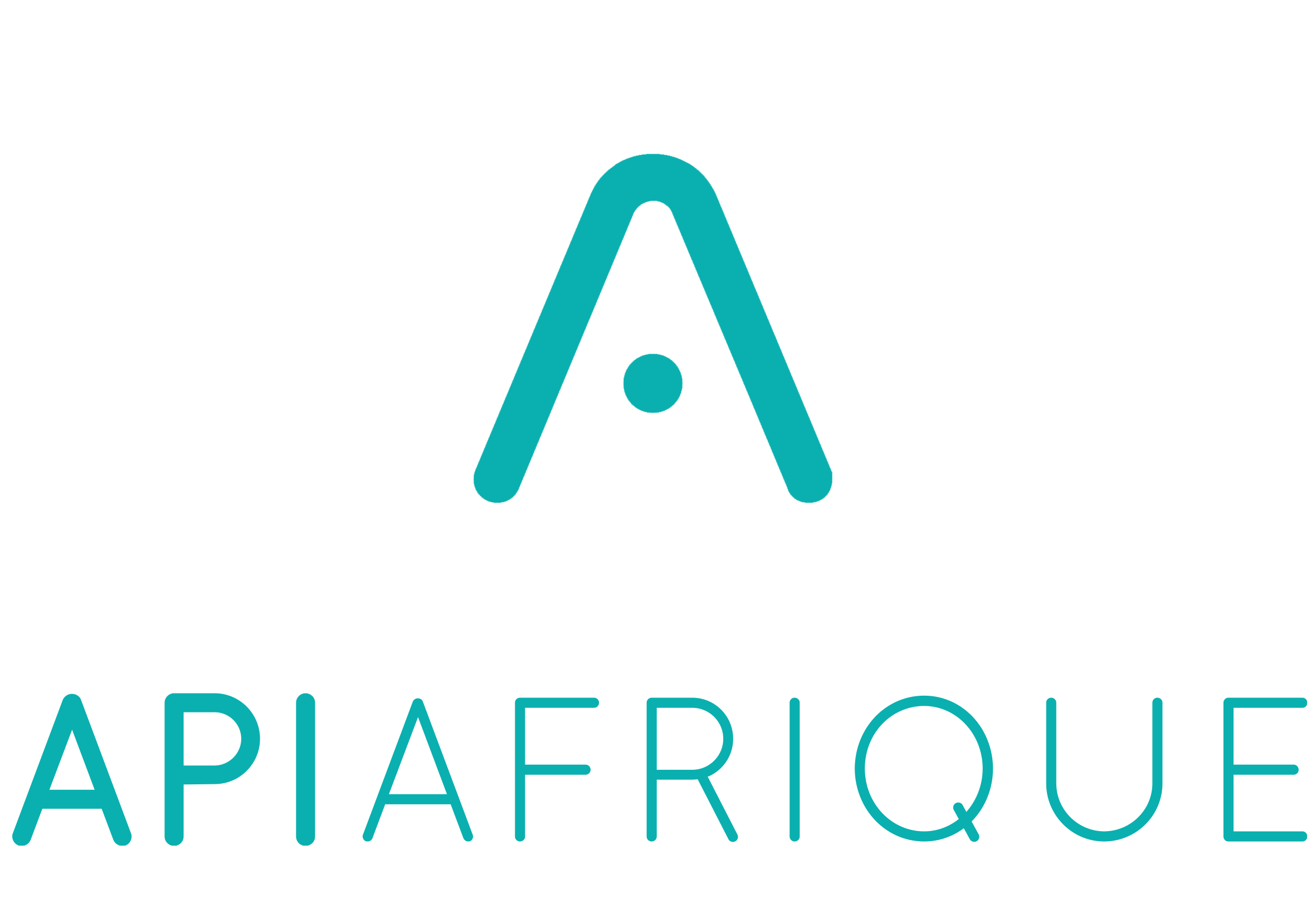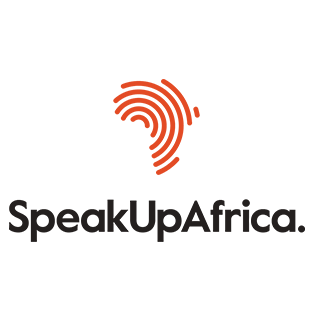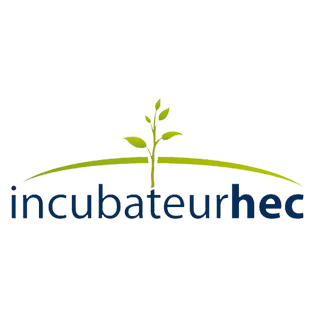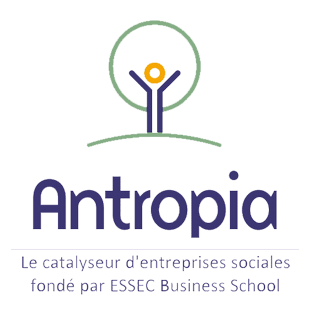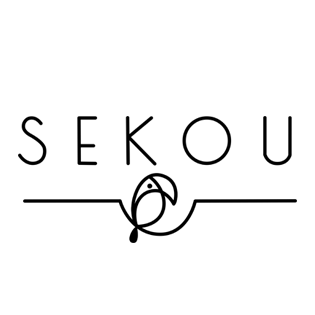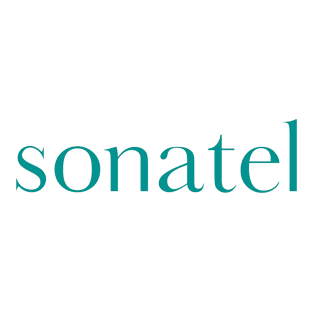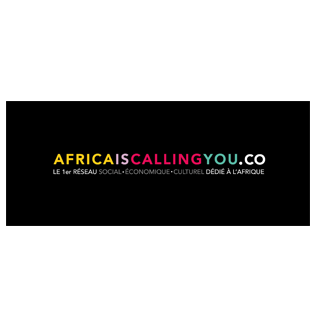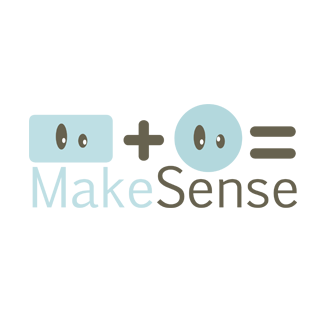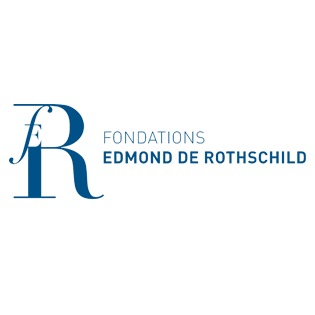Apiafrique is a Senegalese social enterprise created in 2017 by 3 women and one man, each arriving with their own experiences, expertise and culture and all with shared values and a desire to make a positive impact in the world.
The idea : to offer beautiful, healthy and eco-friendly hygiene products, made by women in Senegal. Abdoulaye is Senegalese, and after 23 years in France he decided to return to Senegal to create jobs, Marina and Jeanne-Aurélie have extensive experience in the world of reusable hygiene products through their first company ApiaNapi, Marianne is a seamstress, costume designer and creator of a brand of washable baby diapers and sanitary towels.
The basic ingredients are there, the first prototypes are created, tested, improved and at the end of 2016 the first products are mass-produced and sold in Senegal and then in France.
Today, ApiAfrique offers innovative, local and environmentally-friendly solutions for the hygiene of women and babies, and has become a benchmark in the sector. With over 25 employees, 90% of whom are women, ApiAfrique sells its products in several countries around the world.
Apiafrique’s vision is to offer sustainable solutions that contribute to the well-being of women and babies, reduce waste and create sustainable jobs.
Our impact
At ApiAfrique, we choose to do business that changes the world.
We take care to have a positive impact in all of our actions, small and large.
Reduce Waste
From birth to age 2.5, a baby uses an average of 5,000 diapers; a woman, over 40 years, 8,000 menstrual pads. In disposable form, this represents around 1 tonne of waste each time, which takes 450 years to biodegrade.
ApiAfrique is committed to preserving the environment with its washable products that can be reused 400 times !
Protect health
ApiAfrique is committed to women’s and babies’ health, with products made from organic cotton and certified materials that are comfortable, practical and washable! Our raw materials are chosen with care, and their composition is displayed on all our products for total transparency.
Foster women’s empowerment
ApiAfrique manufactures its products in Senegal with a mainly female team.
ApiAfrique is committed to empowering its female employees by promoting a legal work environment where they can access new skills.
Our team
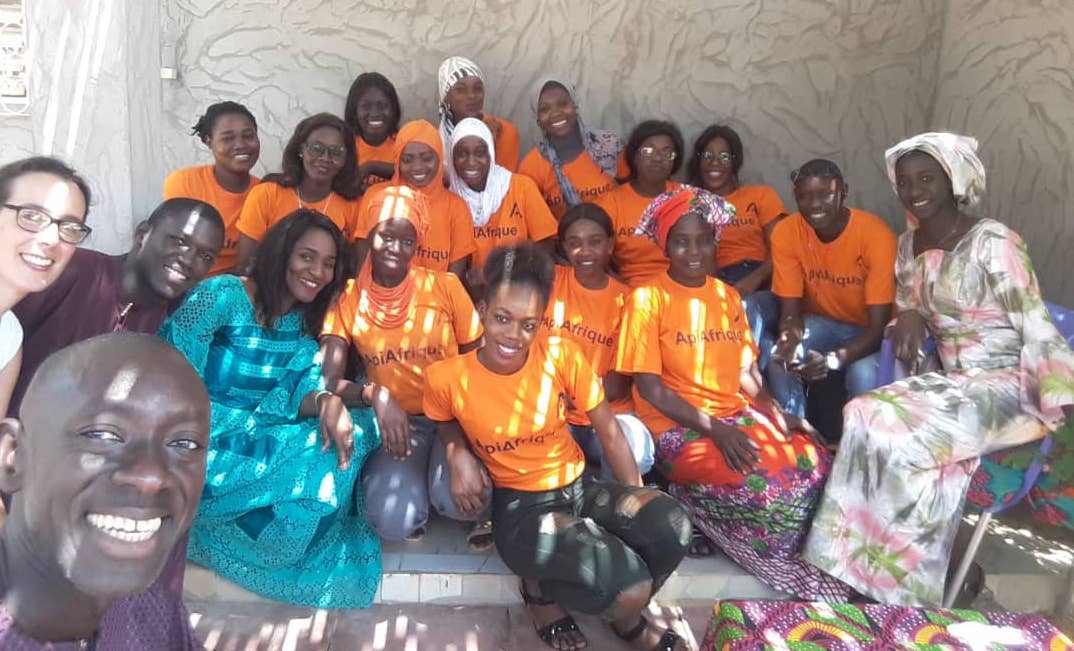
Board
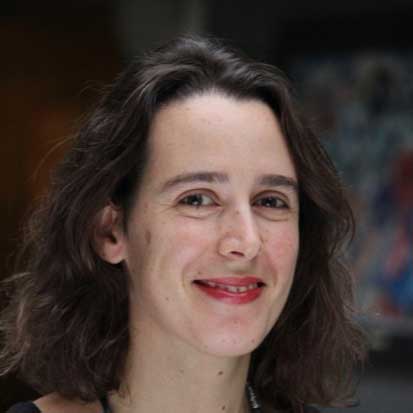
Co-founder, Marina is in charge of distribution, partnerships, as well as programs with high impact.
Marina Gning
CEO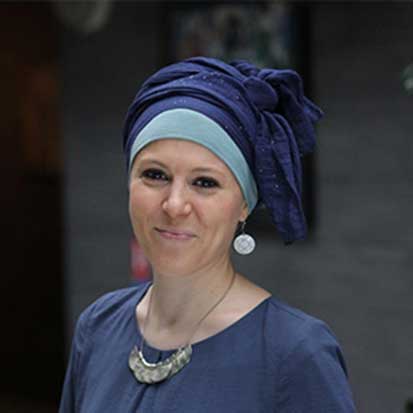
Co-founder, Marianne is in charge of research and development, sourcing, and training.
Marianne Varale
Administrator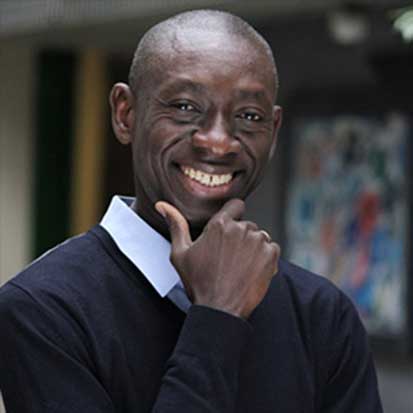
Co-founder, Abdoulaye is in charge of the accounts and impact measures.
Abdoulaye Gning
General Director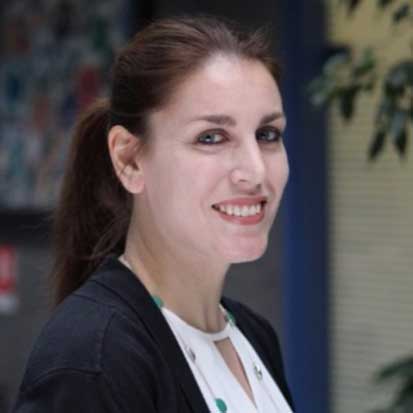
Co-founder, Jeanne-Aurélie is in charge of the distribution in France and Europe.
Jeanne-Aurélie Delaunay
Administrator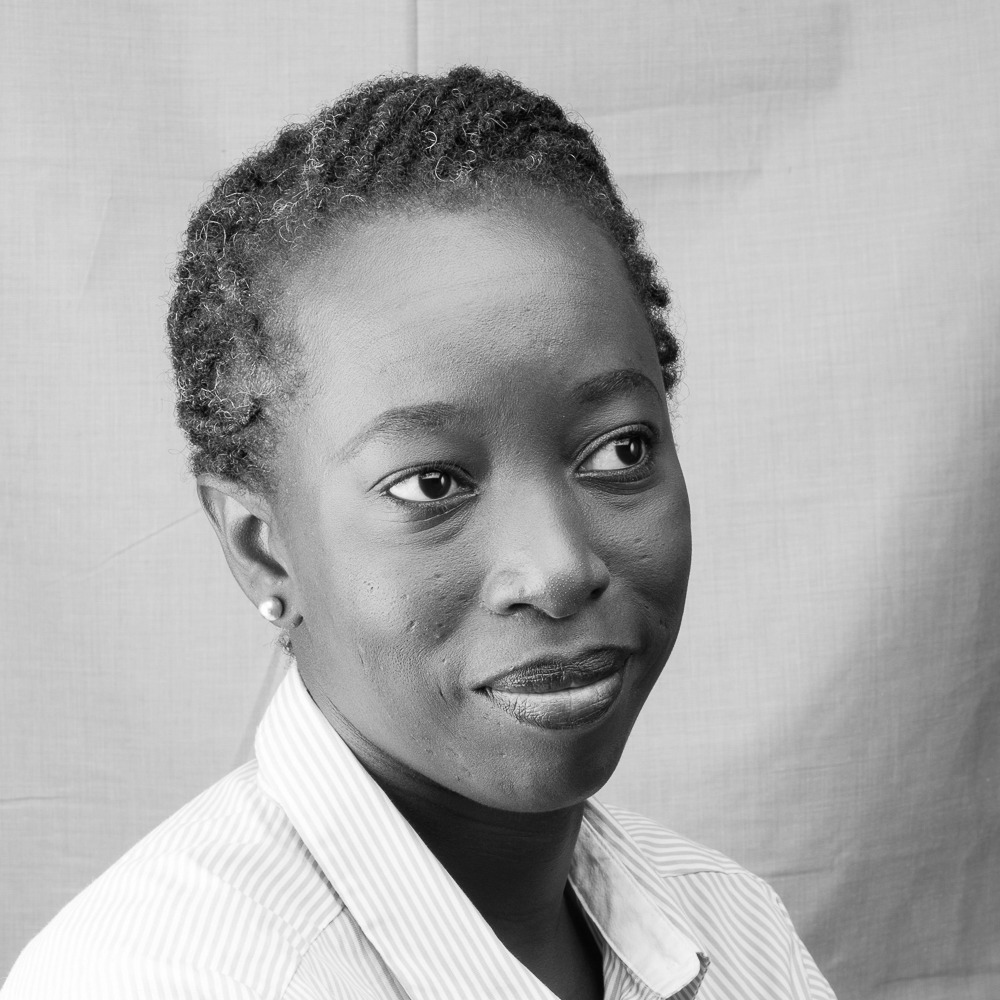
Seynabou Thiam-Monnier co-founded Yaay in 2014, the first platform connecting Senegalese mothers. Today, the platform connects more than 8,000 women on a daily basis.
Seynabou Thiam Monnier
AdministratorTo develop effective, responsible and transparent actions at all levels, we have set up a board of directors which collectively represents all the shareholders. He acts in the social interest of ApiAfrique and ensures its proper functioning. Its missions: approve the strategic orientations, take the measures that promote the sustainability of the company, supervise and ensure their implementation in accordance with the values of ApiAfrique, respect the standards of governance, ethics and risk management . Its members are chosen for their experience, expertise and independence. Its composition aims to respect the parity and diversity of profiles.
Our Market
Senegal, Africa and beyond!
Apiafrique is proudly based in Senegal and supports women and babies all over the world through committed retailers and partners.
Menstruating girls and women
Our solutions are designed for menstruating girls and women who want comfortable, reliable, healthy, ecological, economical and stylish protection!
For babies and parents in Africa and around the world
Every baby needs to be changed an average of 5,000 times from birth to potty training. It’s essential to have access to products that are healthy, practical, ecological, economical and stylish!
Clients and charities
Our customers range from women and men to retailers, associations and NGOs. We also work with local health professionals and community workers.
